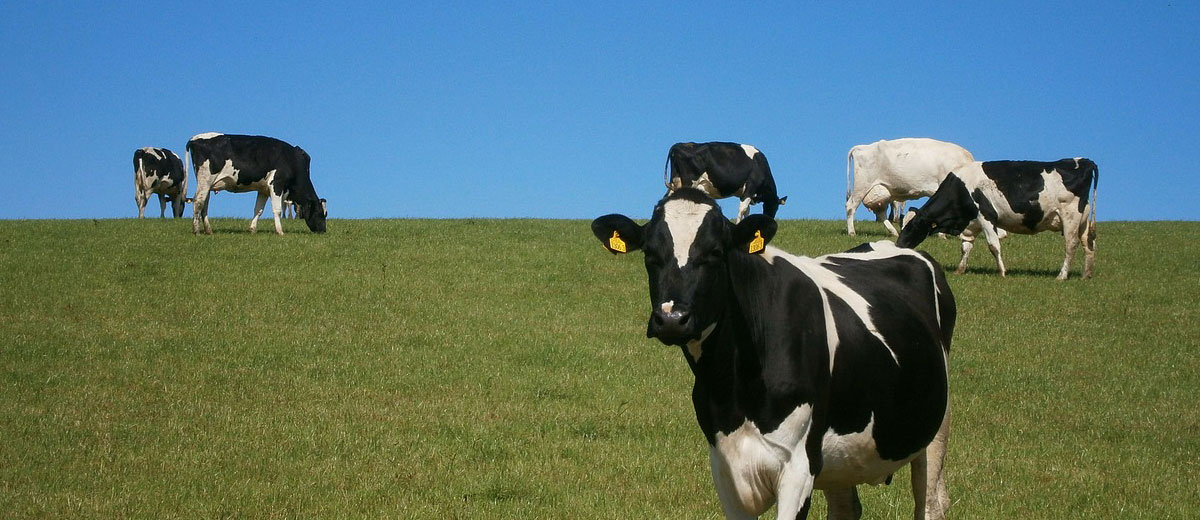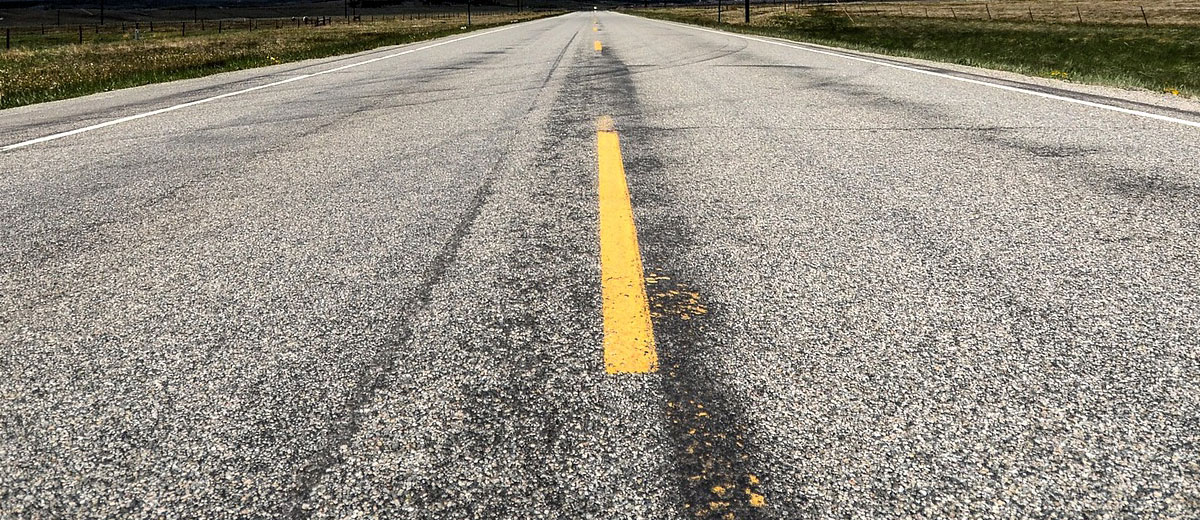
Grazing Fall Rye
In Saskatchewan, recent grazing seasons have been unpredictable in terms of rainfall and production, leaving it difficult to plan out the capacity of perennial or native pastures. Including annual forage crops to your farm’s forage portfolio is an option that can increase the total grazing days per year. If you have some crop acres to spare, or, if you have some old hayland that needs a change, seeding an annual pasture is an option. It can serve as a good intermediate crop in a year with limited grazing acres, with the benefits of manure deposition in-field.
One annual crop option is spring-seeding Fall rye. It produces high-quality forage for cattle without the concern of it heading out and causing digestive problems. It can also produce good summer or fall grazing in the year of seeding, with the potential to utilize it again the following year for pasture, grain or silage once it overwinters. Fall rye is a hardy, drought-tolerant winter cereal that can be successfully grown in almost all parts of the province. It produces a well-tillered stand that is very competitive with weed pressure. It is generally lower-yielding than other winter cereals for pasture, but is more persistent under grazing and dry conditions. Hazlet and Prima are the two varieties best suited for use as grazing, as they tiller more readily and produce a lower grain yield.
Ideal conditions for Fall rye are medium textured, well-drained soils. However, if marginal-quality land or heavy textured soils make up your operation, Fall rye generally outperforms other winter cereals on these types of soils. Inputs generally involve pre-seed spraying, seed, nutrient costs and possibly land rolling. Fall Rye for pasture can be seeded at 55-110 lb per acre, with drier soils requiring a lower rate. A lower seeding rate will allow the plants to tiller and produce a thick, competitive stand. Including all custom seeding costs, planting Fall rye has been reported to be around $60 per acre, seeded at 110 lb per acre.
Fall rye is a preferred option for late season grazing as the peak yield of spring seeded Fall rye is in mid-to-late summer, compared to other cereals that will peak in June. It will be ready for grazing approximately six weeks after seeding, or when the stand is at least six inches high. As it is an annual, it can be grazed more aggressively than perennial forages as long as cattle are monitored. Rotational grazing management with periods of rest can boost yields and provide multiple grazings. Forage quality is generally very high, with crude protein levels (dry matter basis) usually ranging from 18-22 per cent that can last well into fall. Weight gains are usually comparable to high quality perennial pastures.
As with every feed, there are some management considerations to monitor when grazing Fall rye. Manure may be very loose as the cattle adapt to Fall rye if they were previously on low-quality pasture. If they haven’t adapted after a few days, consider providing feed to supplement such as lower-quality hay bales. Nitrate poisoning is also a concern if the crop has recently been stressed by drought or other events, as high levels of nitrogen (N) in the soil could accumulate in the plant. Nitrate levels above 0.4-0.5 per cent of dry matter are considered potentially toxic. If the soil has high N levels, monitor for stress events closely, such as frost or hail and if possible, give 14 days before grazing to allow the plants to metabolize the nitrogen. Ruminants can adapt to high nitrate levels to a certain extent. If animals are grazing a suspect pasture, there are some management practices that can lower the risk. More information on nitrate management in cattle can be found on our Nitrate Toxicity web page.
If you are evaluating limited grazing resources and have some land that could work, consider the use of an annual forage to bump up your grazing days. Fall rye is a hardy crop that could work for you. Talk to your local Crops Extension Specialist or Livestock and Feed Extension Specialist to learn more. You can also contact the Agriculture Knowledge Centre at 1-866-457-2377.
For the latest information and for more updates on everything Kindersley ‘Like’ the Kindersley Social Facebook page below…








































